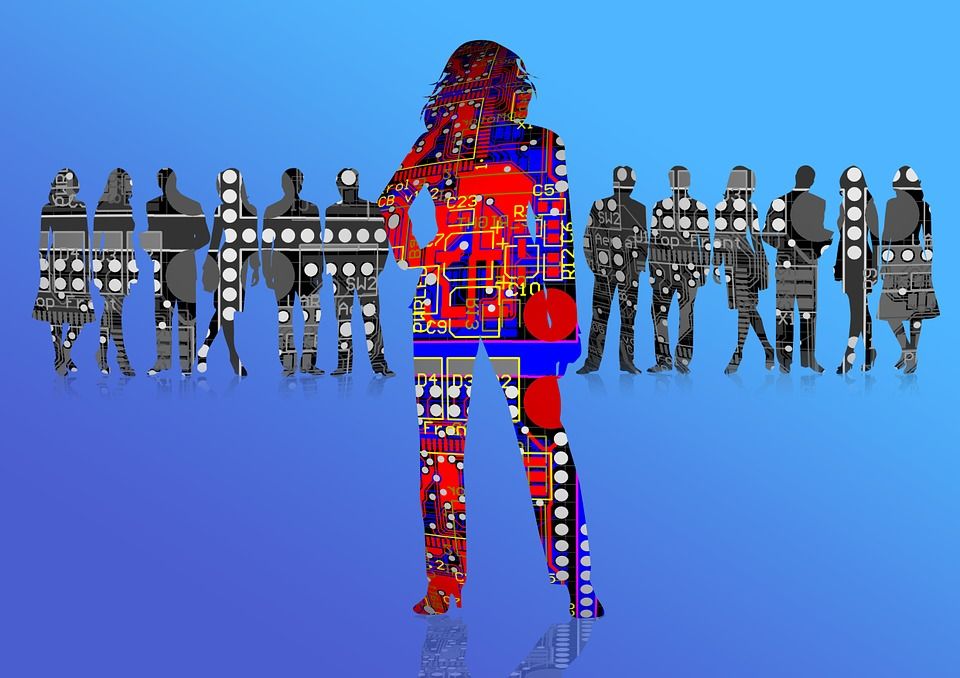Artificial intelligence will soon be used in Copenhagen to help companies avoid losing customers, employing similar algorithms to those used to predict where traffic accidents are most likely to occur, claims an expert at the Alexandra Institute according to di.dk.
The institute is a non-profit company charged with overseeing the Danish Centre for Applied Artificial Intelligence (DCAKI), which opened last Friday at Univate, a new co-working space at the University of Copenhagen’s South Campus.
Professor Anders Kofod-Petersen, the Alexandra Institute’s head of data science, contends that AI “is not invisible hocus-pocus, but a new, wonderful toolbox” that Danish business can hugely benefit from.
The institute could, concurs the industry, help Denmark become one of the leading AI countries in the world.
A focus on business
Artificial intelligence has many uses such as diagnosing diseases and controlling driverless cars.
However, the DCAKI will focus less on the science fiction and more on the humdrum reality of the business world, assisting small businesses and public organisations that already have their foot in the digital door, according to the Alexandra Institute’s website.
The DCAKI hopes to make companies in Denmark more data-driven by giving them the tools to gather insight on their customers’ needs.
Optimising working practices
“It can help give companies real-time insight into customer demands: for example, so that they can come up with new products or optimised production methods,” explained Kofod-Petersen.
“We look at how prepared the company is to develop its business using data. We then develop a plan and help to implement it in collaboration with our experts, just as we offer companies’ big data consultants a three-hour course with presentations and assignments.”
Exciting times
Christian Hannibal, the head of DI’s Digital Taskforce, is excited by the centre’s potential.
“We hope it can help attract the best minds and most innovative companies to Denmark,” he said.
“We have a high knowledge level and are far ahead digitally. That is the way forwards now, because the world is facing a revolution in the use of AI, in which companies can seriously employ the technology to do lots of things smarter.”













